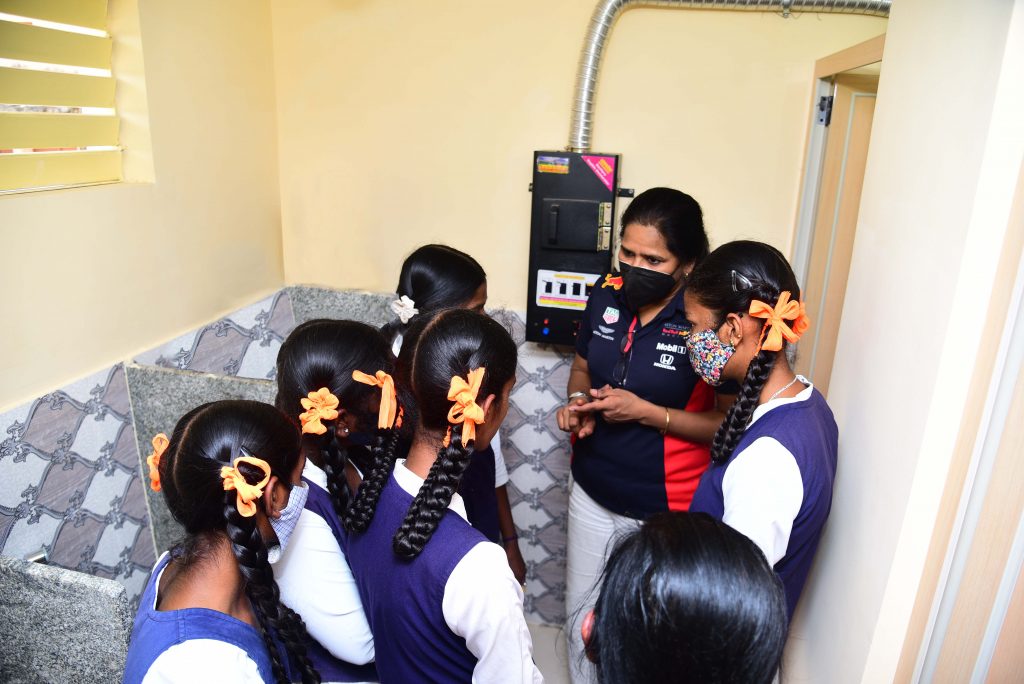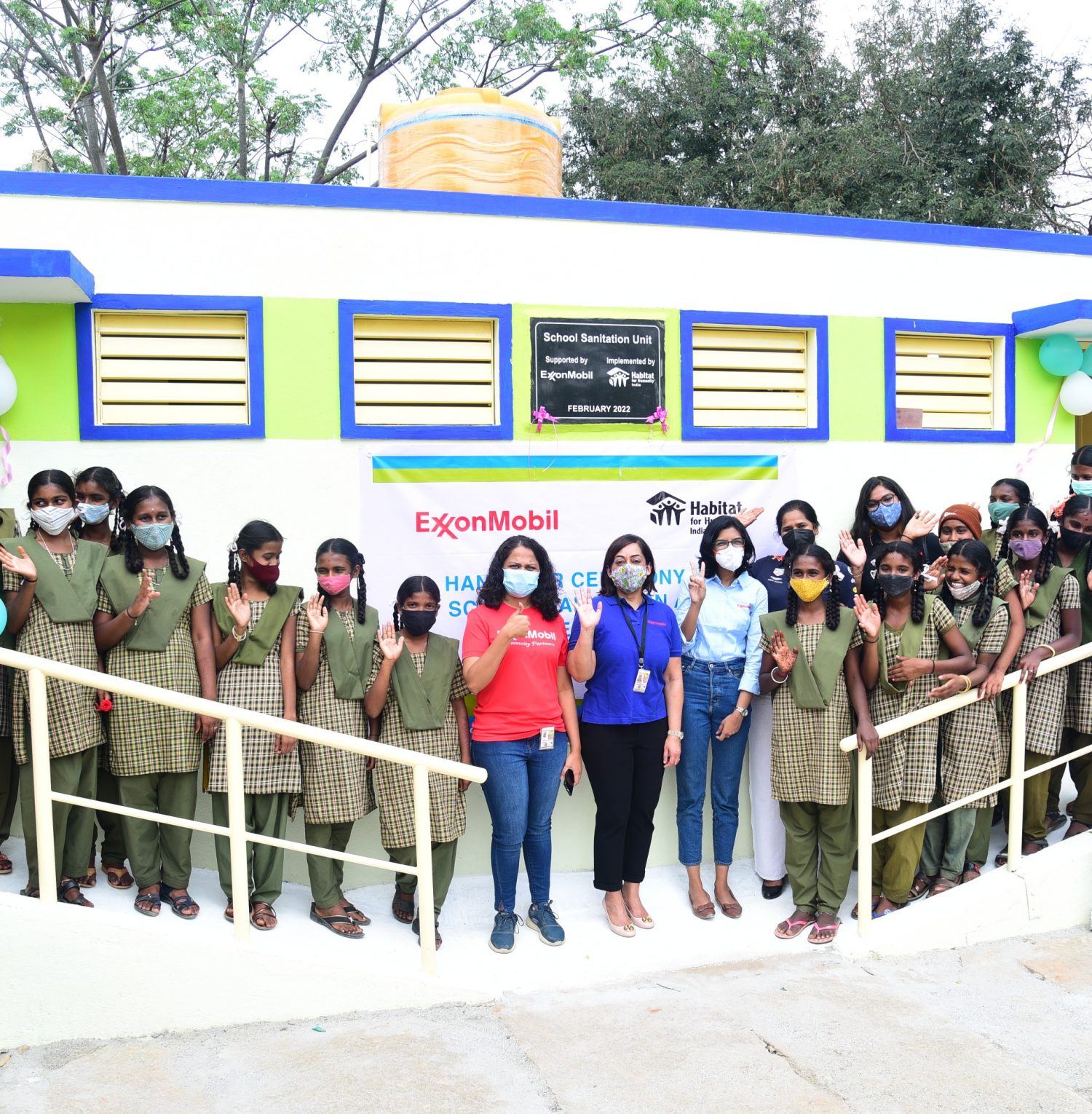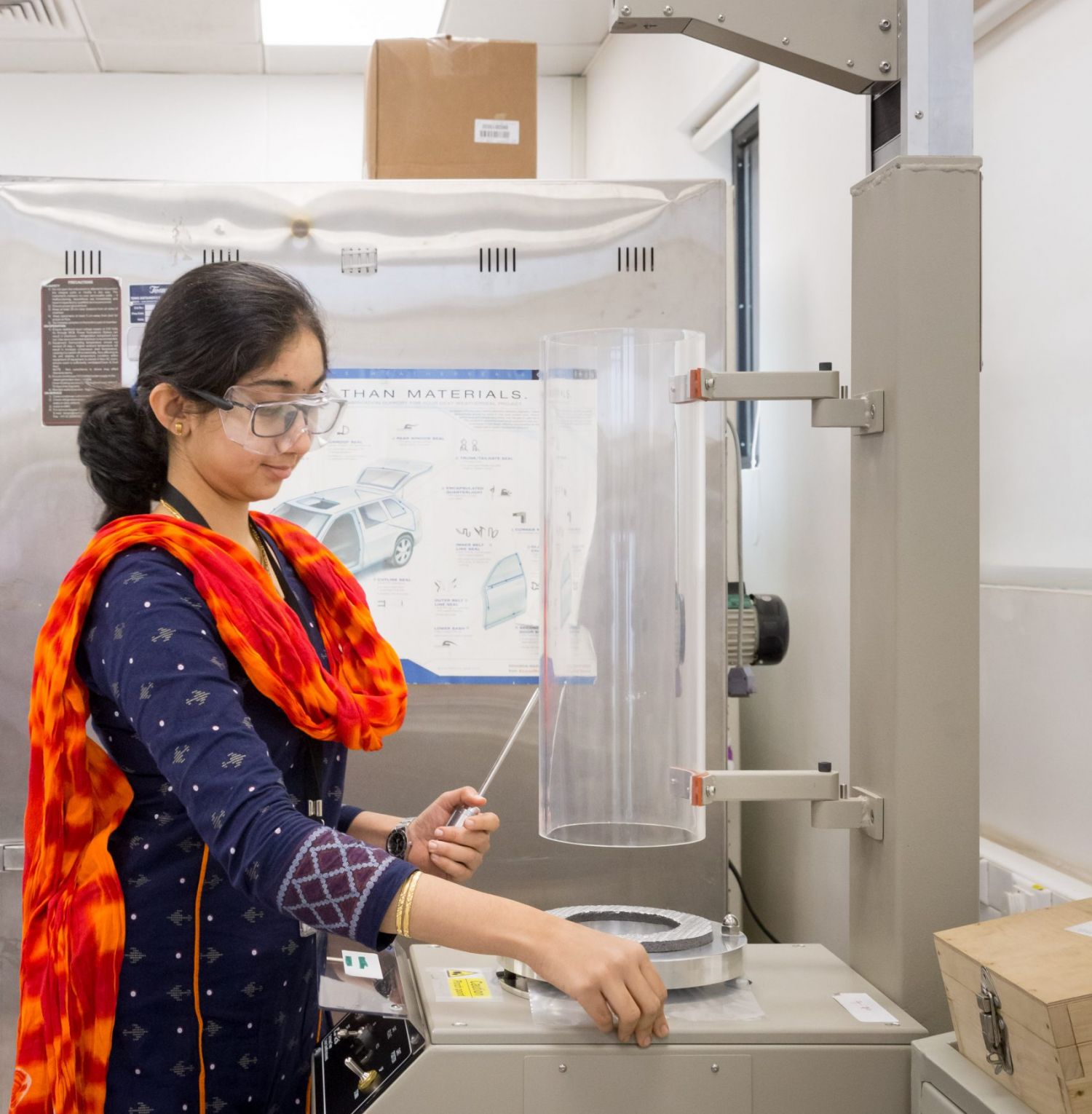India is making massive strides in improving education across the country. But it is still facing hurdles in ensuring all children have the same opportunity to learn safely.
In 2020, India’s Comptroller and Auditor General (CAG) released an audit report on sanitation in public schools in 15 states.
The report found 40% of the toilets surveyed to be “non-existent, partially constructed or unused.” 72% of the toilets had no running water, while 55% had no hand-wash facility.
The report also raised the issue of co-ed public schools lacking separate toilets for girls.
While India has made education free and compulsory for all children between the ages of 6 and 14, many young girls continue to drop out.
In fact, almost a quarter of young girls who enroll in Class I drop out by the time they reach Class VIII.
Although there are several reasons for the high dropout rate amongst young girls, one surprising cause is a lack of proper sanitation facilities at schools.
Since 2019, energy major ExxonMobil is helping to address this challenge through a targeted CSR initiative for public schools in and around Bengaluru, home to the company’s largest employee base in India.

The sanitation blocks are helping young Indian female students to feel safer at school.
ExxonMobil is working with Habitat for Humanity (HFH) to ensure that more students have access to sanitation and that young girls feel supported to go to school – and safe while there.
This involves building quality sanitation facilities at public schools and promoting healthy hygiene practices amongst children through behavioral-change training.
At a recently held event—attended by Meenalochani Sathyakumar and Geetha Mahadevan from ExxonMobil Services and Technology Pvt. Ltd—the Company handed over sanitation units at five more public schools in and around Bengaluru.
These newly constructed toilets will benefit around 1,200 students, about half of whom are female. This is in addition to a number of units provided to other public schools since 2019.
“Lack of adequate sanitation infrastructure at schools disproportionately affects girls. In fact, it’s viewed as one of the primary reasons they are denied a real chance at education and a promising future,” Meenalochani said, while interacting with the beneficiary students.
She added that access to sanitation creates more ‘pull’ factors for children, especially girls, to complete their education. This support can help “ensure that girls do not drop out of schools due to a lack of basic toilets and are able to complete their schooling with dignity.”
Geetha said that the company’s CSR is focused on providing India with the tools it needs to create a better future.
“At ExxonMobil, we take community building seriously and do our best to be a positive force for our communities. That’s why we back initiatives such as this one that create real social impact,” she said.
“Young children should not be held back due to a lack of basic sanitation services. It matters so much to their overall wellbeing whether at home or school.”
Rajan Samuel, Managing Director, HFH India, also emphasized that students must have access to facilities conducive to their physical and mental growth.
“Our School Sanitation and Hygiene Education Program is one such intervention that is working towards ensuring students, no matter their economic background, have access to improved sanitation facilities and hygiene education. We are grateful to ExxonMobil for supporting us in this endeavour,” Samuel said.
Given the critical role of sanitation in improving formal literacy and promoting good health, ExxonMobil is looking to create more impact in this area, with an ambition to aid at least 1,000 more students this year.




